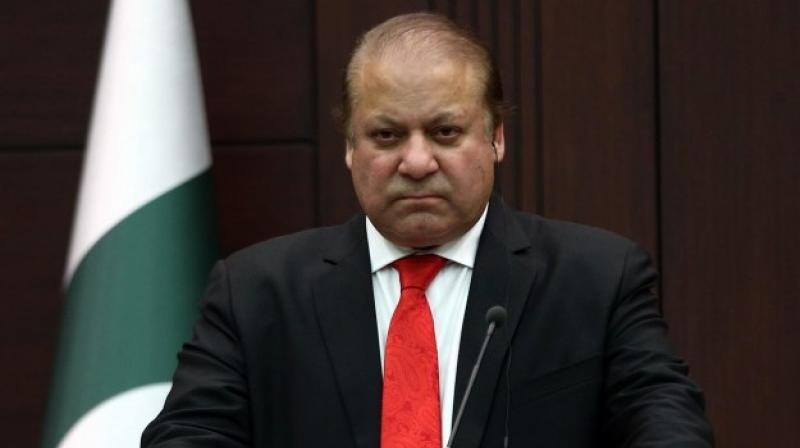View from Pakistan: Another brick in the wall

Karachi: Over the past few weeks, I have come across two powerful new words. Coincidentally, both are related in a certain way. The first, “kakistocracy” refers to “government by the worst people”. (Understandably, PML-N sympathisers want to insert an “h” after the first “k”). The second word, “tenderpreneurs” hasn’t made it to the dictionary as yet, but it should. It has been coined by Raila Odinga, the Kenyan opposition leader, to refer to the money being made by the Kenyan President and his coterie via commissions from public works tenders. Misuse of public funds, using a public office for private gain, stashing ill-gotten wealth in offshore tax havens etc., have all been around since people first stepped forward to “serve” others. The scale and scope is, unfortunately, much larger now, with allegations of mega corruption no longer the preserve of African dictators like Mobutu Sese Seko, Sani Abacha et al., or of presidents Marcos, Duvalier and Suharto. Of recent, grand corruption scandals have broken out under democratically elected governments in Malaysia, Turkey, South Africa, Spain, France, Italy, Brazil, Russia, Argentina, South Korea among others. Of course, corruption is not the exclusive domain of civilians. Many of the corrupt African dictators were generals. In Pakistan’s case, the first major corruption scandal in Benazir Bhutto’s tenure involved the serving naval chief at the time (in the Agosta submarine case). Under Gen. Musharraf several high-profile cases of irregularities came to light.
Much of the corruption and looting of a Pakistan’s wealth comes from the plunder of its natural resources. For countries that are not resource-rich, a major avenue is the public investment programme. A 1997 IMF Working Paper co-authored by Vito Tanzi concludes that: “(sic) corruption lowers growth. The evidence shows that corruption increases public investment while reducing its productivity. An implication is that economists should be more restrained in their praise of high public-sector investment, especially in countries with corruption.” Considerable work has been done in the last decade on the costs of large-scale corruption. One of the more comprehensive ones is a 2006 study by the World Economic Forum, which found that even a “slight improvement in governance results in a threefold increase in income per capita.” That can spell the difference between poverty and prosperity for a nation. So when a “Third World” leader facing allegations of mega corruption gets ensnared by the country’s top court for failing to account for millions of dollars of unexplained wealth amassed over a period coinciding with his tenure in public office, shouldn’t the citizens of that poor country be celebrating? While large numbers of Pakistanis are jubilant, a sliver of its elite are mourning the victory for rule of law.
Driven by a visceral bias against the military, or by virtue of being connected insiders to governments, these members of the elite have based their bemoaning of the SC verdict based on three counts: one, why was the Sharif family “targeted” while other corrupt figures have not faced the courts; two, this was an Army-engineered “conspiracy”; and three, the verdict is based on technicality. These arguments are flimsy. The law is directed towards those who have been caught. With ample evidence of a web of complex global transfer of funds spread over two decades and no explanation for the sources of income, the court ruling was entirely inescapable. The military conspiracy argument ignores the elephant in the room — the presence of unexplained assets whose ownership the ruling family accepted in court. While the military is likely to have watched this episode gleefully, the Sharifs have been caught out by their massive unexplained assets. Pakistan has traversed a fair distance in terms of entrenchment of the rule of law since the lawyers movement of 2007. While there have been setbacks, the July 28 ruling by the Supreme Court is a huge step forward. We need to build on this by strengthening judicial processes and ensuring accountability. This cause is not helped, however, by exhibiting intellectual dishonesty and not being able to call out a wrong that has been so evidently committed. “The worst thing is that we live in a contaminated moral environment. We feel morally ill because we became used to saying something different from what we thought.” — Vaclav Havel.
By arrangement with Dawn

